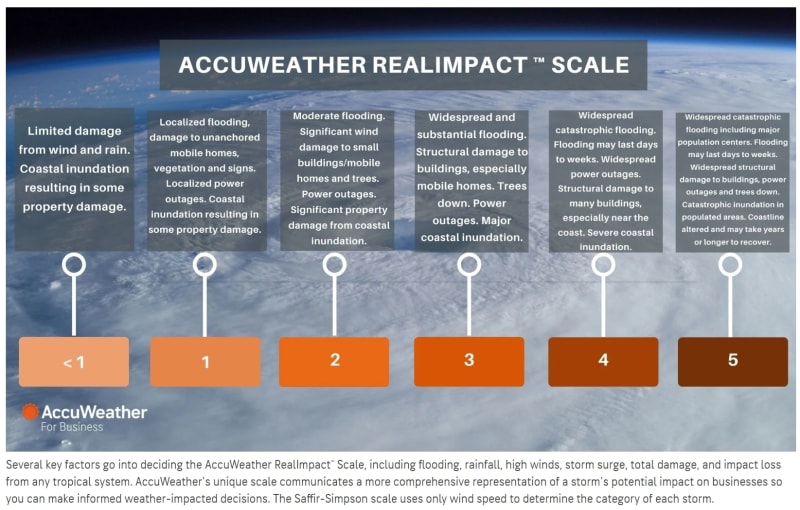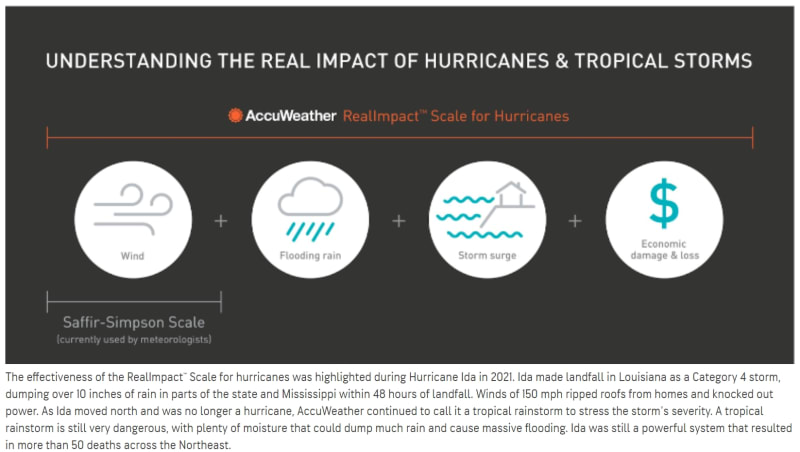dik
Structural
- Apr 13, 2001
- 25,996
For earlier threads, see:
thread1618-496010
thread1618-496614
thread1618-497017
thread1618-497239
thread1618-497988
thread1618-498967
thread1618-501135
thread1618-504850
thread1618-506948
thread1618-507973
-----*****-----
So strange to see the singularity approaching while the entire planet is rapidly turning into a hellscape. -John Coates
-Dik
thread1618-496010
thread1618-496614
thread1618-497017
thread1618-497239
thread1618-497988
thread1618-498967
thread1618-501135
thread1618-504850
thread1618-506948
thread1618-507973
-----*****-----
So strange to see the singularity approaching while the entire planet is rapidly turning into a hellscape. -John Coates
-Dik



![[pipe] [pipe] [pipe]](/data/assets/smilies/pipe.gif)

